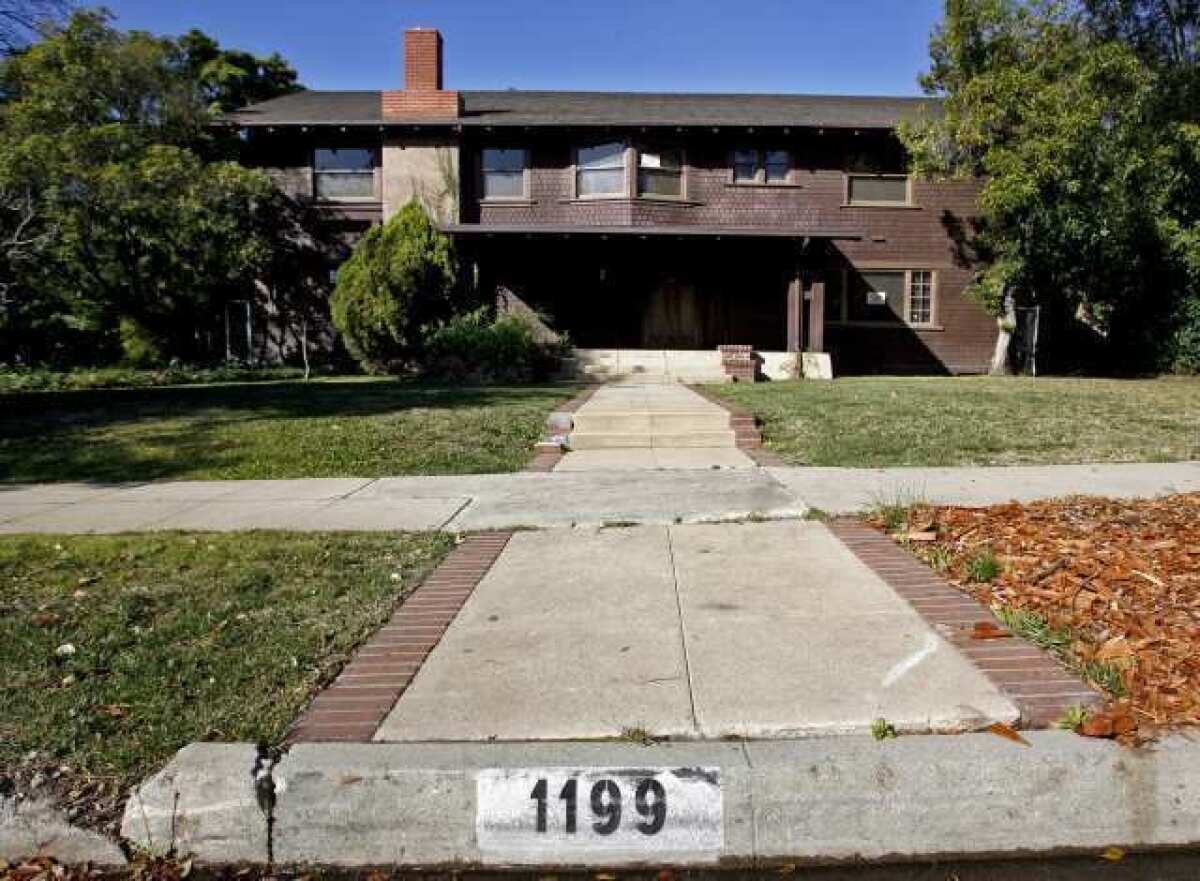Audit reveals rent disparity along the 710 gap

A report released late last week by the California state auditor that found widespread mismanagement of state-owned homes along the Long Beach (710) Freeway extension corridor provides a detailed look at just how in the dark Caltrans managers were about the tenants.
Fifteen state workers were found to be among the roster of tenants for the homes owned by the California Department of Transportation in Pasadena, South Pasadena and Los Angeles, paying annual rents as much as $23,400 below market rates, according to the audit — and in most cases, their bosses said they didn’t know about it.
State auditors said in their report that it amounted to either an unreported fringe benefit or “a gift of public funds.”
Caltrans owns 499 properties in the corridor where the 710 Freeway may eventually be extended to connect with the Foothill (210) Freeway in one form or another.
Auditors found Caltrans undercollected rents by $22.5 million in the last 4 1/2 years and greatly overpaid for repairs.
The 15 employees work for numerous state agencies, including the Department of Motor Vehicles and the Cal State University system. Four of them work for Caltrans. Combined, the group of 15 pays $169,524 below market value on their homes annually, according to the audit.
Some started living in the homes as far back as 1974, while the most recent arrived in 2011.
Caltrans acquired most of the properties in the 1950s as it prepared to extend the 710 Freeway from Alhambra to the 210 Freeway in Pasadena. But the project has been mired in controversy, which was exacerbated by the stinging report from the California State Auditor.
Lawmakers are calling on Caltrans to sell the homes, though agency officials say it would be improper to sell the properties while transportation planners figure out how to ease traffic in the so-called 710 gap.
The homes occupied by state workers range from a one-bedroom house in Los Angeles, occupied by an Employment Development Department staffer, to a four-bedroom Pasadena home occupied by a Cal State L.A. employee. One was paying $50 a month less than market rate, according to the California State Auditor, and the other was paying $1,950 a month under market rate.
The difference between the actual rates and market rates is considered a public gift, the audit stated, adding that the sum should be subject to state and federal taxes. If the discounts serve a public purpose and are not improper, the report stated, they should be deemed a fringe benefit and added to the worker’s gross income.
The law allows for exceptions if the residence is provided for the convenience of the employer and the employee is required to live there for work, but that is not the case with the four Caltrans workers. The chief of Caltrans’ Division of Right of Way and Land Surveys told auditors the workers paid less because the agency neglected to raise their rents to market value.
Additionally, Caltrans officials said they haven’t reported the value of state housing for employees on a monthly basis, as required, because the agency’s information technology division has had difficulty generating the data.
Officials from the other state agencies said they didn’t know their workers were living in Caltrans-owned homes at reduced rates until auditors brought it to their attention, according to the report.
Follow Adolfo on Twitter @AdolfoFlores3.